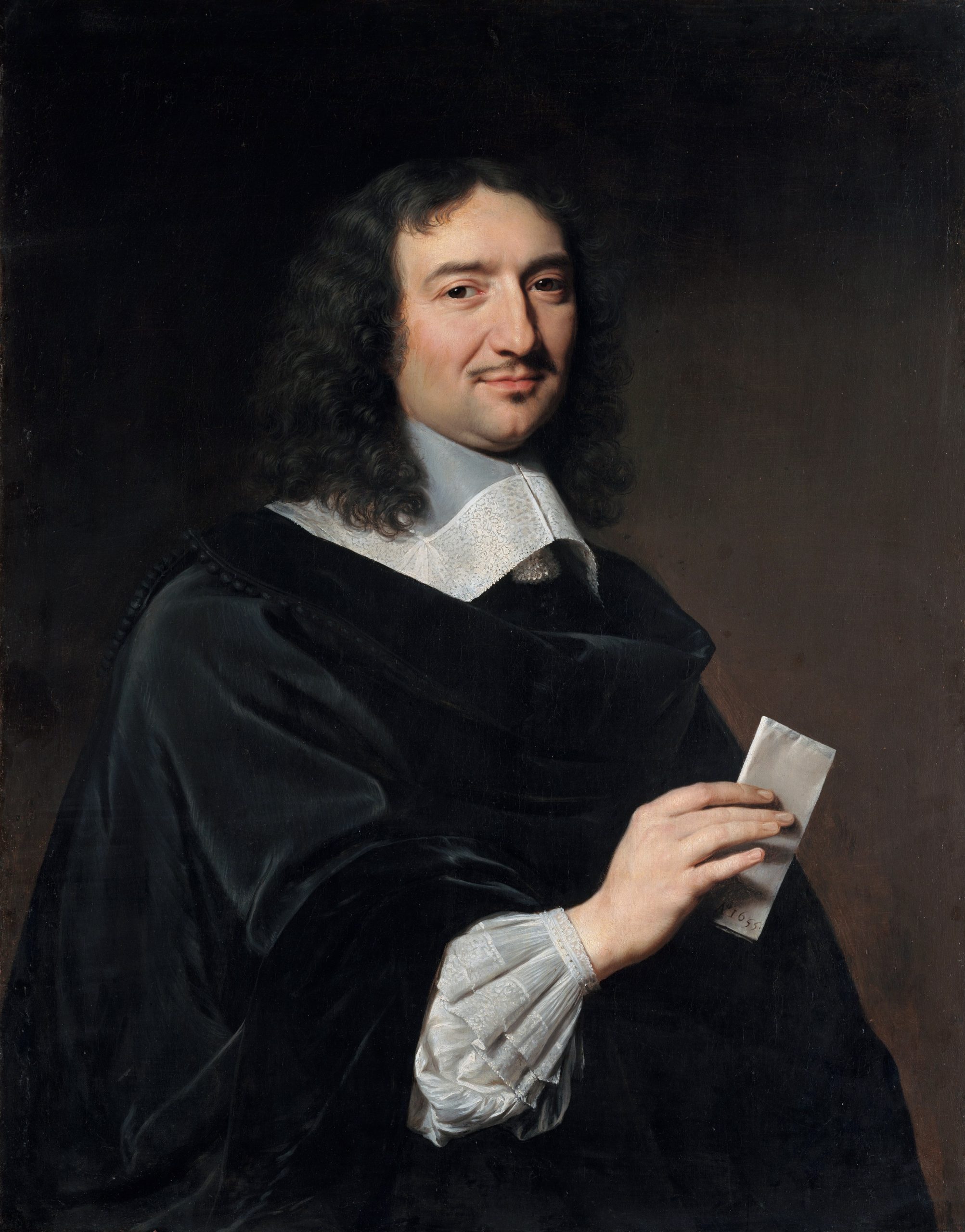Module: Johann Michael Vansleb
 Geʽez Bible annotated by Vansleb („scripta sunt manu Vanslebii propria“). MS: Paris, Bibliothèque nationale de France, Éthiopien 1-2. Contains the Pentateuch, Joshua, Judges, Ruth, and Kings. Source: Gallica/BNF
Geʽez Bible annotated by Vansleb („scripta sunt manu Vanslebii propria“). MS: Paris, Bibliothèque nationale de France, Éthiopien 1-2. Contains the Pentateuch, Joshua, Judges, Ruth, and Kings. Source: Gallica/BNFJohann Michael Vansleb (1635–1679) was born on November 1st, 1635 in Sömmerda, near Erfurt, Germany, a son to a Lutheran pastor. Studying Oriental languages, he became the student and mentee of the founding father of Ethiopian studies Hiob Ludolf (1624—1704). Vansleb travelled on his behalf to London to edit and publish works on the Ethiopian language — later the two would engage in a famous conflict.
Vansleb set out for his first journey to the Middle East on behalf of the Duke of Saxe-Gotha in 1663. The aim of his political-religious mission was to reach Ethiopia, but Vansleb didn’t get further than Egypt, where he mainly collected information by and about the Copts.
Returning to Europe in 1665 he stayed in Italy for five years continuing his work on Ethiopian studies. Here Vansleb converted to Catholicism and became a Dominican priest.
In 1670, he moved to Paris, from where he was sent on a second journey to the Middle East in 1671 by the French Minister of Finance Jean-Baptiste Colbert, a second time with the aimed destination Ethiopia — and again he didn’t get further than Egypt.
On this second journey (1671-1675) he collected antiquities and around 580 manuscripts for the French Sun King Louis XIV that are now in the Bibliothèque nationale de France, nonetheless his expedition was considered a failure.
Returning to Paris in 1677, he lived under modest conditions and became vicar in Bourron, near Fontainebleau, where died on June 13th, 1679.
Vansleb not only published foundational works on the Ethiopian language, but even more so on the Copts and on Egypt.
(Variations of his name occur as Wansleben, Wanschleb, Wansleb, Vanslep, Vanslebius; French: Jean Michel Vansleb; Italian: Giovanni Michele Vanslebio.)
- Check some of the recent biographical work on Vansleb with a view to either
- his travel experiences or
- his role in inspiring Coptic and Ethiopic studies among Western scholars .
- Peruse Vansleb's report of his travels with an eye to what he says about manuscript acquisition .





















